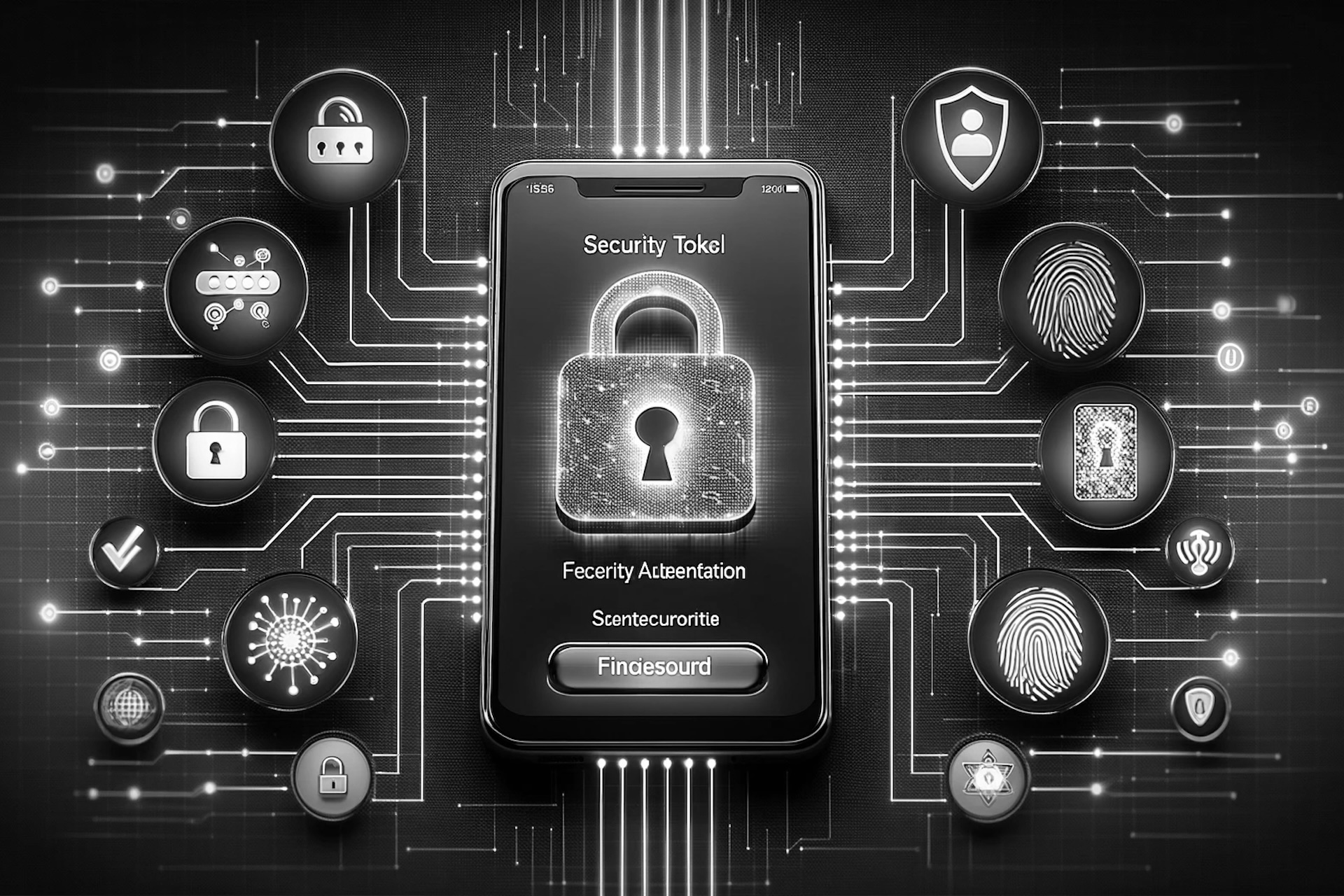With the rise of online transactions, social media, and digital communication, the need for robust security measures is more critical than ever. Two fundamental pillars of cybersecurity are the use of strong passwords and the implementation of multi-factor authentication (MFA). These security measures are not just additional layers of defense; they are essential components of a comprehensive cybersecurity strategy.
The Importance of Strong Passwords
A strong password acts as the first line of defense against unauthorized access to your personal and professional accounts. With cyber-attacks becoming more sophisticated, choosing a password that is easy to remember yet hard for others to guess is crucial. A strong password is characterized by its length, complexity, and uniqueness. Ideally, it should be at least 12 characters long and include a mix of upper and lower case letters, numbers, and symbols. This complexity makes it exponentially harder for attackers to crack through brute force attacks, where they attempt to guess passwords by trying every possible combination.
However, the strength of a password is not solely determined by its complexity. Uniqueness is equally important. Reusing passwords across multiple accounts is a common practice, yet it poses a significant risk. If one account is compromised, all other accounts using the same password are at risk. Therefore, creating a unique, strong password for each account is imperative.
The Role of Multi-Factor Authentication
While strong passwords are vital, they are not infallible. Cybercriminals have devised numerous methods to steal passwords, such as phishing, keylogging, and social engineering tactics. This is where multi-factor authentication comes into play, adding an extra layer of security. MFA requires users to provide two or more verification factors to gain access to their accounts, making it significantly more difficult for attackers to breach.
These verification factors are categorized into something you know (like a password or PIN), something you have (such as a mobile device or a security token), and something you are (biometric verification like fingerprints or facial recognition). The beauty of MFA is that even if one factor, like a password, is compromised, unauthorized users still cannot access the account without the additional factors.
Real-World Applications and Benefits
Incorporating strong passwords and MFA can dramatically enhance security in various sectors, including banking, healthcare, and e-commerce. For instance, online banking services often require MFA, where a transaction cannot be completed without entering a one-time code sent to the user's phone. This practice significantly reduces the risk of financial fraud.
Moreover, in the healthcare sector, where patient data privacy is of utmost importance, strong passwords and MFA ensure that sensitive information is accessible only to authorized personnel, thus complying with legal standards like HIPAA in the United States.
Challenges and Considerations
Despite their effectiveness, the implementation of strong passwords and MFA is not without challenges. Users often find it difficult to remember complex passwords, leading to resistance in adopting such practices. Furthermore, MFA can sometimes be seen as an inconvenience, adding an extra step to the login process.
To address these issues, password managers and user-friendly MFA methods, such as biometric authentication, have been developed. Password managers help users generate and store strong, unique passwords for all their accounts securely, while biometric MFA offers a seamless and secure way to verify identity without remembering complex codes.
Conclusion
In conclusion, the combination of strong passwords and multi-factor authentication forms a robust foundation for cybersecurity. These practices safeguard against unauthorized access and protect sensitive information from cyber threats. While there may be challenges in implementation and user adoption, the benefits far outweigh the inconveniences. As cyber threats evolve, so must our defenses. Embracing strong passwords and MFA is not just a recommendation; it is a necessity in our increasingly digital world.
Note: If you have more questions about the current topics, such as Data Management and Security, Cybersecurity, IT Management, VPN and so on, please don't hesitate to reach out to us. We are more than happy to help!

